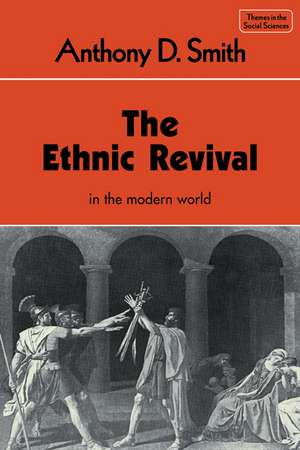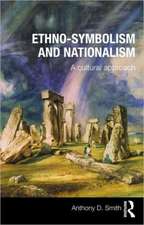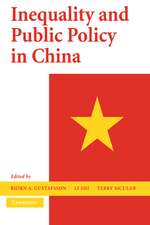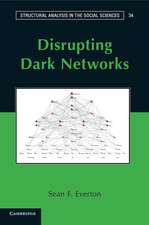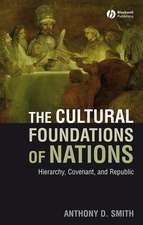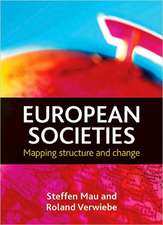The Ethnic Revival: Themes in the Social Sciences
Autor Anthony D. Smithen Limba Engleză Paperback – 28 oct 1981
Din seria Themes in the Social Sciences
-
 Preț: 303.02 lei
Preț: 303.02 lei -
 Preț: 137.31 lei
Preț: 137.31 lei -
 Preț: 197.27 lei
Preț: 197.27 lei -
 Preț: 161.25 lei
Preț: 161.25 lei -
 Preț: 313.04 lei
Preț: 313.04 lei -
 Preț: 171.87 lei
Preț: 171.87 lei -
 Preț: 368.73 lei
Preț: 368.73 lei -
 Preț: 241.43 lei
Preț: 241.43 lei -
 Preț: 309.19 lei
Preț: 309.19 lei -
 Preț: 322.29 lei
Preț: 322.29 lei -
 Preț: 156.72 lei
Preț: 156.72 lei -
 Preț: 203.24 lei
Preț: 203.24 lei -
 Preț: 376.95 lei
Preț: 376.95 lei -
 Preț: 282.87 lei
Preț: 282.87 lei -
 Preț: 285.16 lei
Preț: 285.16 lei -
 Preț: 282.48 lei
Preț: 282.48 lei -
 Preț: 281.88 lei
Preț: 281.88 lei -
 Preț: 284.39 lei
Preț: 284.39 lei -
 Preț: 279.17 lei
Preț: 279.17 lei -
 Preț: 298.67 lei
Preț: 298.67 lei -
 Preț: 236.78 lei
Preț: 236.78 lei
Preț: 284.78 lei
Nou
Puncte Express: 427
Preț estimativ în valută:
54.49€ • 56.89$ • 45.10£
54.49€ • 56.89$ • 45.10£
Carte tipărită la comandă
Livrare economică 05-19 aprilie
Preluare comenzi: 021 569.72.76
Specificații
ISBN-13: 9780521298858
ISBN-10: 0521298857
Pagini: 256
Dimensiuni: 152 x 229 x 15 mm
Greutate: 0.38 kg
Editura: Cambridge University Press
Colecția Cambridge University Press
Seria Themes in the Social Sciences
Locul publicării:Cambridge, United Kingdom
ISBN-10: 0521298857
Pagini: 256
Dimensiuni: 152 x 229 x 15 mm
Greutate: 0.38 kg
Editura: Cambridge University Press
Colecția Cambridge University Press
Seria Themes in the Social Sciences
Locul publicării:Cambridge, United Kingdom
Cuprins
Preface; Introduction; 1. An 'ethnic revival'?; 2. Uneven development; 3. Language and community; 4. Ethnic consciousness in pre-modern eras; 5. Historicism; 6. Bureaucracy and the intelligentsia; 7. State integration and ethnic schism; 8. Accommodation and neo-ethnicity; 9. 'Neo-nationalism'; 10. Towards the scientific state; Notes; Bibliography; Index.
Descriere
Explores the ethnic separatisms and 'neo-nationalisms' that threatened to undermine the fragile stability of the world order in the early 1980s.
